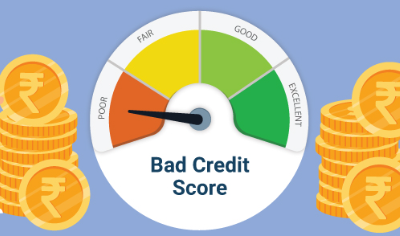Understanding the psychology of spending is essential for anyone seeking to improve their financial well-being and overcome detrimental money habits. From impulse buying to emotional spending, our behaviors around money are often influenced by deep-rooted psychological factors. In this guide, we’ll explore the psychology behind spending habits, identify common pitfalls, and provide practical tips for breaking free from unhealthy patterns.
1. Understanding Spending Triggers
Overview:
- Emotional Influences: Many spending decisions are driven by emotions such as stress, boredom, happiness, or social pressure, leading to impulsive purchases and irrational financial choices.
- Behavioral Patterns: Recognize recurring spending patterns and triggers, such as retail therapy, social comparison, advertising, and peer influence, that prompt excessive or unnecessary spending.
- Cognitive Biases: Be aware of cognitive biases like loss aversion, anchoring, and confirmation bias that distort our perception of value and contribute to poor financial decision-making.
2. Identifying Unhealthy Spending Habits
Common Patterns:
- Impulse Buying: Making unplanned purchases without considering long-term consequences or financial priorities.
- Retail Therapy: Using shopping as a coping mechanism to alleviate stress, anxiety, or negative emotions.
- Keeping up with the Joneses: Succumbing to social pressure or societal norms by spending beyond one’s means to maintain appearances or status.
- FOMO (Fear of Missing Out): Feeling compelled to spend money on experiences or products to avoid feeling left out or regretful.

3. Strategies for Breaking Bad Spending Habits
Actionable Steps:
- Track Your Spending: Keep a detailed record of your expenses to identify patterns, triggers, and areas of overspending.
- Set Clear Goals: Define your financial goals, priorities, and values to guide your spending decisions and maintain focus on long-term objectives.
- Create a Budget: Establish a realistic budget that allocates funds for essentials, savings, debt repayment, and discretionary spending, and stick to it consistently.
- Practice Mindful Spending: Pause and reflect before making a purchase, asking yourself whether the item aligns with your values, needs, and financial goals.
- Delay Gratification: Implement a waiting period for non-essential purchases, giving yourself time to evaluate the necessity and value of the item before buying.
- Find Alternative Coping Mechanisms: Identify healthier ways to manage stress, boredom, or negative emotions, such as exercise, hobbies, meditation, or spending time with loved ones.
- Seek Support: Share your goals and challenges with trusted friends, family members, or a financial advisor who can offer accountability, encouragement, and guidance on your journey to financial wellness.
4. Cultivating Healthy Money Mindsets
Mindset Shifts:
- Focus on Values: Align your spending with your values and priorities, investing in experiences, relationships, and pursuits that bring fulfillment and meaning to your life.
- Practice Gratitude: Cultivate gratitude for what you have rather than constantly seeking external validation or material possessions to find happiness.
- Celebrate Progress: Acknowledge and celebrate small victories and milestones on your journey to financial freedom, fostering a sense of accomplishment and motivation to continue improving.
Conclusion
By understanding the psychology of spending and adopting mindful money habits, you can break free from unhealthy patterns, regain control of your finances, and cultivate a healthier relationship with money. By implementing strategies such as tracking spending, setting clear goals, practicing mindful spending, and seeking support, you can empower yourself to make informed and intentional financial decisions that align with your values and long-term objectives.





